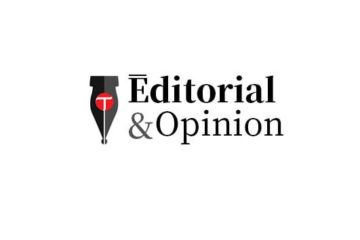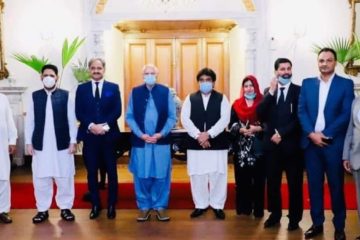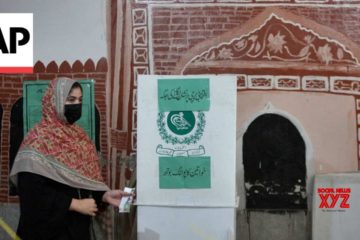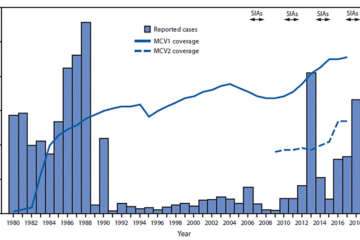Pakistan: ASER calls for education emergency in Sindh – ANI News

Karachi [Pakistan], March 25 (ANI): Highlighting the flawed education system in Pakistan, the Annual Status of Education Report (ASER) Pakistan for 2021-2022 on Thursday called for an education emergency in Sindh province.
The ASER Pakistan, a flagship programme of Idara-i-Taleem-o-Aagahi (ITA), called for urgent implementation of the Right to Education in Sindh, Compulsory Education Act 2013 and Sustainable Development Goal (SDG) 4, an anchor SDG to meet all 17 SDG targets and goals, reported Dawn.
It comes after ASER in its report said that there was an increase in out-of-school children (OOSC) across Pakistan during COVID-19, while in Sindh, of the OOSC, 11 pc never enrolled in a school and 13 pc dropped out of school (more DOs).
This calls for the urgency to address OOSC through second chance accelerated and bridge programmes through both non-formal education and mainstreamed School Education and Literacy Department (SELD) schools in afternoon/morning shifts on a fast track, read the report.
In Sindh, ASER‘s rural team collected data from 14,723 households in 25 districts and 720 villages. There were 41,536 children (58 pc male 42 pc female) aged 3-16 years and 35,506 children (5-16 years) assessed in grade two-level language and arithmetic skills. At least 660 government schools and 114 private schools were surveyed, reported Dawn.
Looking at enrollment, in 2021, 24 pc children were reported to be out-of-school, which is an increase of 5 pc. When compared with 2019 (19pc), the report added.
Regarding enrollment by school type, 76 pc of all school-aged children (6-16 years) were enrolled; 94 pc (88 pc in 2019) were enrolled in government schools, 6 pc (12 pc in 2019) were in non-state institutions (6 pc private schools, zero pc madrassah, zero pc others). Private schools dropped by 6 pc.
For Early Childhood Education (ECE), which includes children aged 3-5 years, the proportion of enrolled children decreased in 2021 (34 pc) as compared to 2019 (46 pc).
Around 66 pc children of 3-5 age group are currently not enrolled in any ECE programme. Hence, a campaign for ECE in Sindh for foundational learning and holistic ECE (health/nutrition) is urgently needed, said the report.
Looking at teachers’ qualifications, 14 pc teachers of surveyed government schools have done graduation as compared to 40 pc teachers of surveyed private schools.
However, 11 pc have completed M Ed in government schools compared to 2 pc in private schools. However, a shortage of teachers continues and there is a need to improve teacher adequacy, performance in government schools through peer and best practices support.
The issue of urban slums in Sindh is massive with 52 pc of the population in urban areas and there is high rural/urban migration not just from within Sindh but from across Pakistan.
This remains a neglected area with no education planning for urban slums, no claimants and no one to take its responsibility. Only Karachi has more than 60 pc population in urban slums.
It was said at the launch that quality and inclusive education for all children should be seen as an emergency and should be accorded the highest priority. (ANI)











